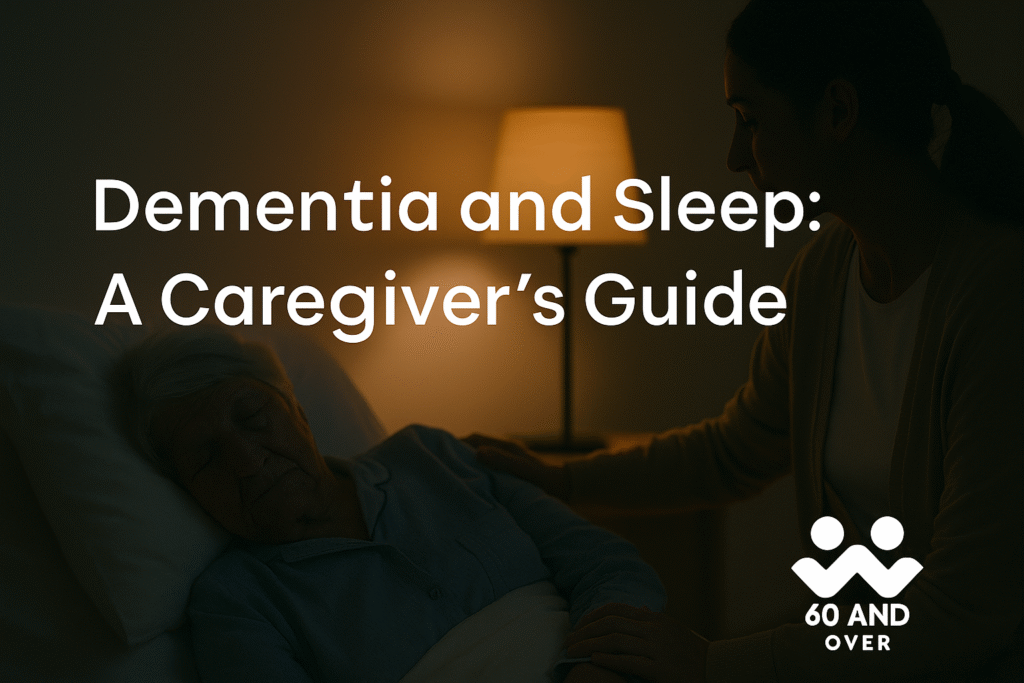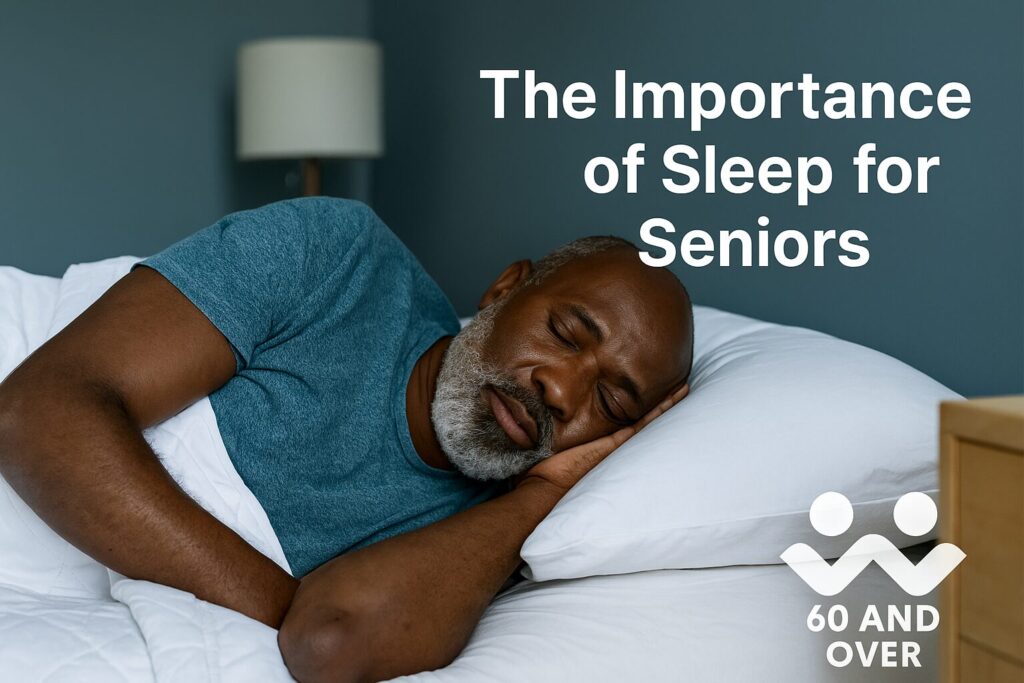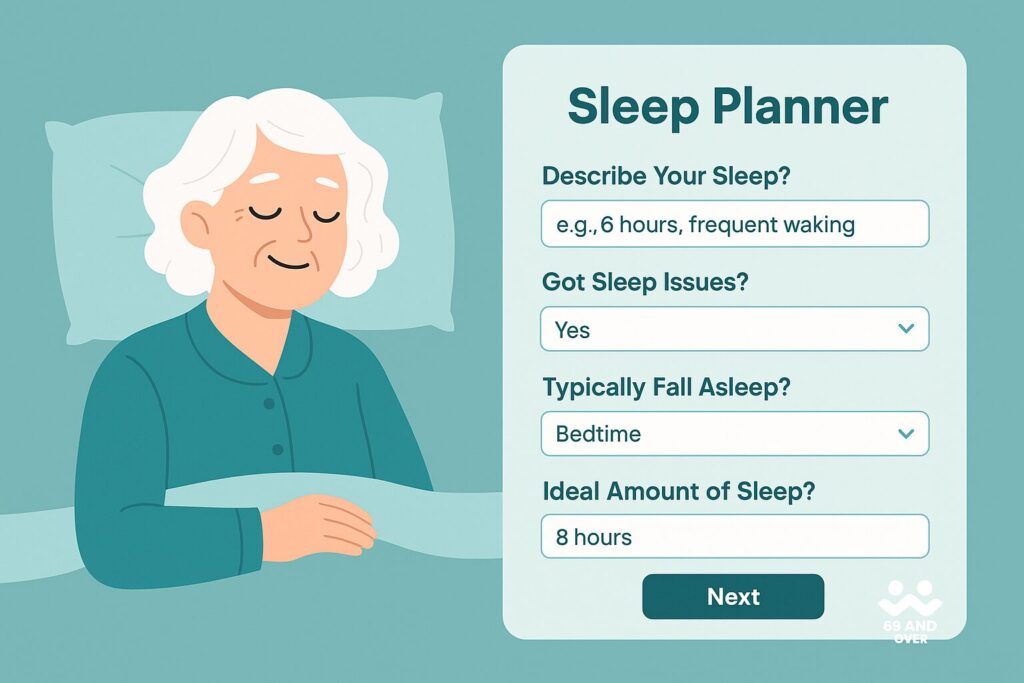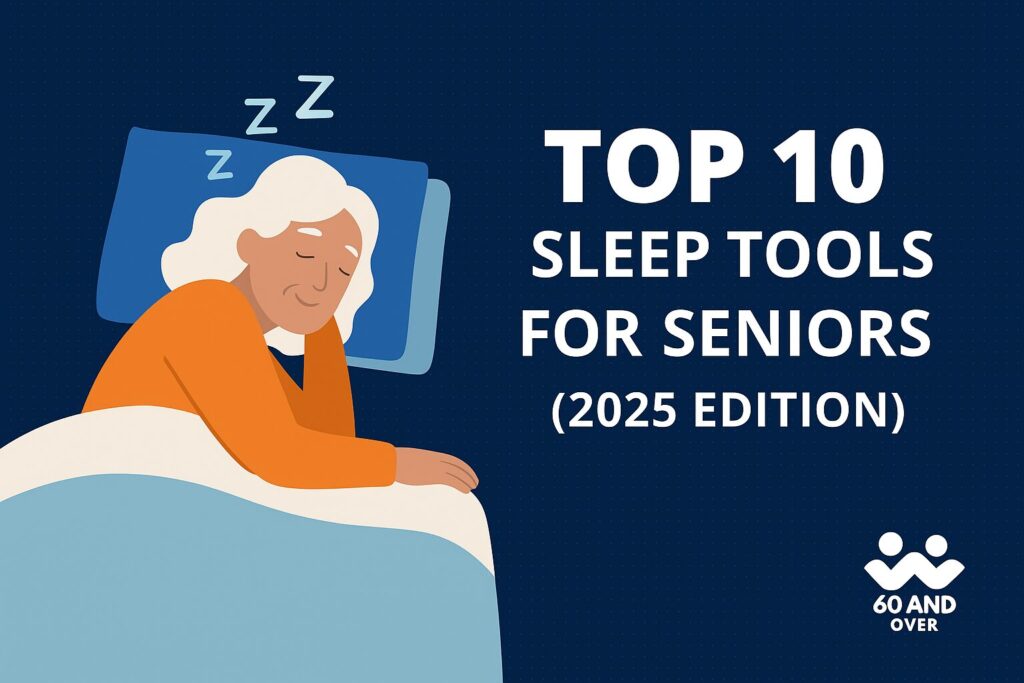For many families, dementia is not just about memory loss. It is about the daily rhythm of life—and nowhere is this more obvious than at night. Seniors with dementia often struggle to fall asleep, stay asleep, or rest peacefully. This leaves them tired, confused, and sometimes agitated during the day. For caregivers, it means long nights of worry, frequent wake-ups, and little chance to recharge.
Sleep problems are among the most common challenges faced by seniors with dementia, and they are also among the most stressful for families. Without adequate rest, both seniors and caregivers suffer. But there are ways to improve the situation. With careful routines, supportive tools, and the right medical guidance, nights can become safer, calmer, and more restful.
This guide is written for caregivers who want practical answers. It explains why dementia disrupts sleep, what risks poor sleep creates, and how you can support healthier nights—without sacrificing your own well-being.
Why Dementia Disrupts Sleep
The brain regulates sleep through an internal “clock” called the circadian rhythm. Dementia disrupts this system, which is why seniors often experience unusual sleep patterns.
- Sundowning: Many people with dementia become more confused, anxious, or agitated in the late afternoon or evening. This state often stretches into the night, making bedtime more difficult.
- Restlessness and wandering: Seniors may get up repeatedly, pacing or trying to leave the house. This is dangerous and exhausting for caregivers.
- Hallucinations and nightmares: Some forms of dementia, like Lewy body dementia, can cause vivid dreams or frightening hallucinations, further disturbing rest.
- Fragmented sleep: Instead of one long stretch, seniors may only sleep for short bursts, leading to daytime fatigue and confusion.
These changes are not the senior’s fault—they are symptoms of dementia. But understanding them makes it easier to design a better sleep plan.
The Risks of Poor Sleep in Dementia
When sleep is disrupted, the effects spill over into every part of life.
For seniors, poor sleep increases:
- Risk of falls during nighttime wandering.
- Higher chance of confusion and disorientation during the day.
- Worsening of memory and mood problems.
For caregivers, it leads to:
- Exhaustion and increased stress.
- Greater risk of burnout or illness.
- Difficulty staying patient and positive during the day.
When both caregiver and senior are sleep-deprived, small problems quickly become overwhelming. That’s why tackling sleep is not just about comfort—it’s about safety and quality of life.
Medical Approaches: What Doctors Sometimes Prescribe
Doctors sometimes use medications to help seniors with dementia sleep, but these should always be carefully supervised.
- Trazodone: An antidepressant often prescribed at low doses to improve sleep.
- Suvorexant: A newer sleep medication that may help some people with dementia fall asleep and stay asleep.
- Other sedatives: Occasionally, doctors may use other prescriptions, but side effects can include drowsiness, falls, or worsening confusion.
These medications are not cures. They should be seen as short-term tools, not long-term solutions. Before starting any prescription sleep aid, a healthcare provider should carefully weigh risks and benefits.
Safer Non-Drug Approaches
For most families, the best starting point is to focus on safer, non-drug strategies. These work gradually but often lead to more lasting improvements.
- Daytime activity: Encourage gentle exercise or outdoor time in the morning or afternoon. Natural light helps reset the body’s clock.
- Avoid stimulants: Skip caffeine and alcohol in the afternoon and evening.
- Evening routine: Calming activities—like soft music, reading, or warm baths—signal the brain it’s time to wind down.
- Environment: Keep bedrooms cool, quiet, and dark, but add nightlights to reduce confusion if the senior wakes.
- Consistency: Stick to the same bedtime and wake-up schedule every day, even weekends.
Caregivers can create a simple “wind down” checklist: dim the lights, reduce noise, prepare the bedroom, and keep familiar objects nearby for comfort.
Natural Aids and Helpful Products
Some natural options and senior-friendly products can make nights easier. These are not replacements for medical care, but they are practical tools caregivers can use.
Natural Supports:
- Melatonin: A hormone that helps regulate sleep cycles. Sometimes recommended for seniors with dementia, but dosage should be guided by a doctor.
- Magnesium: Supports relaxation and muscle function. Gentle magnesium supplements or creams may promote rest.
- Herbal teas: Chamomile or lemon balm tea can have a calming effect.
Products That Help:
- Nightlights with motion sensors to guide safe bathroom trips.
- White noise machines to block out disruptive sounds.
- Weighted blankets that provide gentle pressure, often reducing nighttime anxiety.
- Large-display clocks that show day/night clearly to reduce confusion.
Helpful Products for Safer, Calmer Nights
These caregiver-friendly tools can make a real difference in creating a safer and more restful sleep environment for seniors living with dementia.
A Practical Bedtime Plan Caregivers Can Try Tonight
Every caregiver’s situation is different, but having a structured evening routine helps.
- Late Afternoon: Gentle activity and bright light exposure. Avoid naps longer than 20 minutes.
- Dinner: Serve the last meal at least two hours before bedtime. Avoid heavy foods or caffeine.
- Evening Wind Down: Play calming music, dim the lights, and create a quiet atmosphere.
- Bedroom Prep: Set a cool, comfortable temperature. Place nightlights and remove clutter.
- Bedtime: Follow the same ritual every night—reading, prayer, or soft conversation.
- During the Night: If your loved one wakes, respond calmly. Guide them back to bed rather than trying to reason or argue.
This consistency often brings small but meaningful improvements over time.
Important Note for Caregivers
Caregiver Note: Sleep problems in dementia are challenging, but they are not caused by laziness or stubbornness. They are symptoms of changes in the brain. If your loved one’s sleep becomes unsafe or severely disruptive, speak with a healthcare provider. Medications or supplements should only be used under professional guidance. Safety always comes first.
Conclusion
Dementia changes many aspects of life, and sleep is one of the most difficult. Seniors may experience confusion, restlessness, or wandering at night. For caregivers, this often means exhaustion and constant worry.
The good news is that there are strategies and tools that can help. By combining routines, safe products, and professional guidance, nights can become calmer and safer.
If you are caring for a loved one with dementia, remember: you are not alone. Millions of families face the same struggles, and resources are available to support you.
👉 For a broader understanding of dementia, see our main guide: Understanding Dementia in Senior Adults: A Caregiver’s Guide.
FAQ Section for Article
Q: Why do seniors with dementia have trouble sleeping?
A: Dementia changes the brain’s internal clock (circadian rhythm), leading to confusion about day and night. Seniors may experience sundowning, restlessness, or wandering at night.
Q: What is the safest sleep aid for seniors with dementia?
A: Doctors sometimes recommend melatonin or low-dose prescriptions, but the safest first step is using non-drug strategies like consistent routines, calming environments, and caregiver-friendly tools such as nightlights or white noise machines.
Q: Can weighted blankets help dementia patients sleep better?
A: Yes, many caregivers find weighted blankets provide a gentle, calming effect that reduces nighttime anxiety. However, they should be lightweight enough for seniors to move under safely.
Q: Should I give my loved one melatonin for dementia-related sleep problems?
A: Melatonin can sometimes help, but it should only be used under a healthcare provider’s guidance, since dosing and safety vary by individual.
Q: What can caregivers do when dementia patients wake up at night?
A: Stay calm, guide them back to bed, and avoid arguments. Gentle reassurance, nightlights, and safe room layouts reduce stress and prevent accidents.










